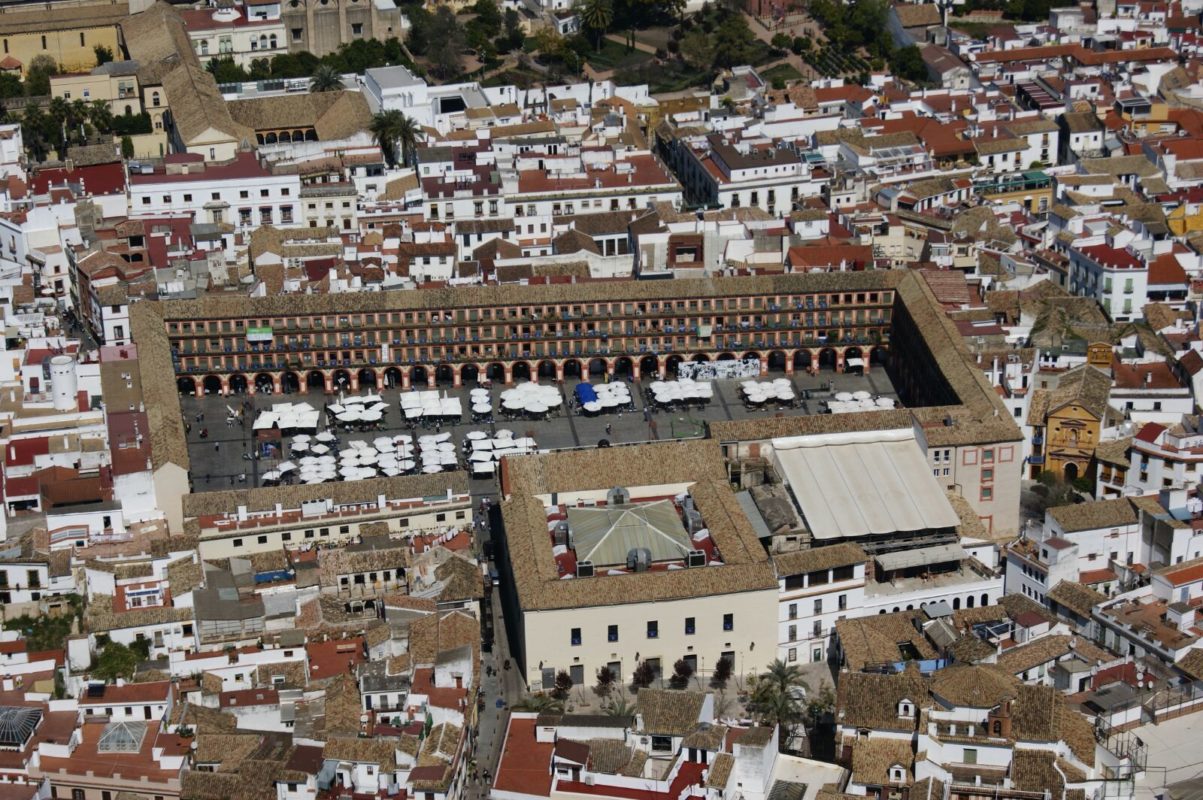Cordoba is a city with an enormous cultural and monumental legacy. Its strategic location, close to the river Guadalquivir, once navigable, and the heritage of the different peoples settled in its rich lands, have made it a privileged place.
Unesco (Cultural, Scientific and Educational Organization of the United Nations) recognized in 1994 the universal importance of the historical properties of Cordoba, extending the title of World Heritage not only to the Cathedral Mosque, but also to the whole urban group that surrounds it . In addition, in December 2012, Cordoba received another badge: The Feast of Los Patios was recognized as Intangible Cultural Heritage of Humanity.
Therefore, Cordoba has 3 inscriptions on the World Heritage List granted by Unesco: The Cathedral Mosque (1984), the historical center that surrounds it (1994) and the Feast of Los Patios (2012). In addition, like the rest of Spain, it enjoys the title of Intangible Cultural Heritage of Humanity also granted to Flamenco (2010) and to the Mediterranean Diet (2013).
The category of World Heritage is granted in order to protect, identify and preserve the cultural or natural ancestry considered to be especially valuable. Sporting this title involves a series of rights and obligations that this city has become just deserving.
Unesco defines Heritage as the legacy we receive from the past, we live in the present and transmit it to the future. To the political and cultural leaders of Cordoba, as well as to all citizens, we have been entrusted with the task of monitoring, preserving, protecting and encouraging the study of our history, with the purpose of contributing to our own and other peoples and cultures to know and enrich with it.

 Español
Español Français
Français Italiano
Italiano
 WhatsApp
WhatsApp